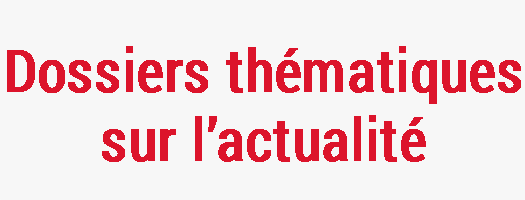10 décembre 2021 - 14 h 00 min - 16 h 00 min
REPORT en 2022 en raison de la crise sanitaire
Vendredi 10 décembre, 14h (zoom + OdG 358): Michael Jonik (Univ. of Sussex) présentera une communication intitulée “A Dictionary of the Indian Languages”: Thoreau’s Ecopoetic Ethnobotany.” Antoine Traisnel (U. of Michigan) sera discutant.
Abstract : At the end of his Maine Woods, Thoreau adds a brief “Appendix” containing plant and animal names (including Latin nomenclature and common English names), advice for those who would “outfit” an excursion upriver in Maine, and a “List of Indian Words.” The latter list relates primarily to place names or to geographical or topographical features of the Penobscot valley, and signals Thoreau’s diverse yet intense interests in cartography and toponymy, geology and hydrodynamics, botany and zoology, anthropology and Colonial history, and, indeed, philology and poetics. Thoreau had compiled this multilingual list of words from the Abenaki language from a variety of sources, including Sébastien Rasles’s A Dictionary of the Abnaki Language, in North America (which translated Abenaki into French), Willamson’s History of Maine, and words he learned directly from his Penobscot guides (especially Joe Polis) during his three excursions recounted in “Ktaadn,” “Chesuncook,” and “The Allegash and the East Branch.” In this presentation, I explore his increasing intimacy with Native American understandings of the environment, epistemologies, cultures and lifeways: an eco-political phronesis outside white liberal knowledge structures, or what he calls in “Walking” a “more perfect Indian wisdom.” He celebrates this new intimacy with the natural world that Native American words offer him in his journal on March 5, 1858: “A dictionary of the Indian Languages reveals another and wholly new life to us. … It reveals to me a life within a life” (March 5, 1858). Building on such moments, this paper investigates the implications of Thoreau’s inclusion of Indigenous languages in his writings, especially his use of Abenaki words The Maine Woods, as well as instances from his journals and selections from his “Indian Notebooks.” My contention here is that Thoreau’s increasingly sensitive inclusion of Abenaki words across his three excursions recounted in The Maine Woods indicates a shift away from a Romantic tropology of Native Americans as primitive and vanquished in his thinking. Instead, Thoreau uses words as a means to engage a living Indigenous population and to discern a more vibrant and intimate relational ontology of plant and animal life previously foreclosed to him. At the same time, Thoreau’s interleaving of Indigenous languages into his writing does not happen separately from that of the Latin taxa or French words that often appear in his texts, but rather creates a dynamic, multilingual palimpsest of his ecopoetical experiences.
Michael Jonik is Senior Lecturer in English and American Literature (English and American Studies), Director of Research and Knowledge Exchange (School of Media, Arts and Humanities) at Sussex University. Michael Jonik teaches American literature and contemporary critical theory at the University of Sussex. He recently published Herman Melville and the Politics of the Inhuman (Cambridge University Press, 2018), and he writes on pre-1900 American literature, continental philosophy, and the history of science. Michael was previously a postdoctoral fellow at the Cornell University Society for the Humanities. He has won research grants from the Spanish government, the UK Arts and Humanities Research Council, and the Leverhulme Trust, and was a fellow at the Institut d’études avancées de Paris. He is founding member of The British Association of Nineteenth-Century Americanists (BrANCA), and Reviews and Special Issues editor for the journal Textual Practice.
Lien zoom @ https://a19.hypotheses.org/
- Vendredi 21 janvier, 14h-16h : Alice de GALZAIN (University of Edinburgh) “Transcendentalists in Conversation: Margaret Fuller, Sophia Ripley, and ‘Woman’ »
- Vendredi 18 février, 14h-16h : Bruno MONFORT (Université Paris Nanterre/LARCA UMR 8225) « Rétrospection /rétroaction, raconter le monde avec Poe »
- Vendredi 18 mars, 14h-16h (sur Zoom) : Antoine TRAISNEL (University of Michigan) & Thangham RAVINDRANATHAN (Brown University) “In the Doldrums: Plastic and the Sea” (with the Environmental Humanities Research Group)
- Vendredi 9 avril, 14h-16h : Hélène VALANCE (Université de Franche Comté) : “Inconséquences historiques : Les visions anachroniques de Susan Fenimore Cooper dans ‘A Dissolving View’”


